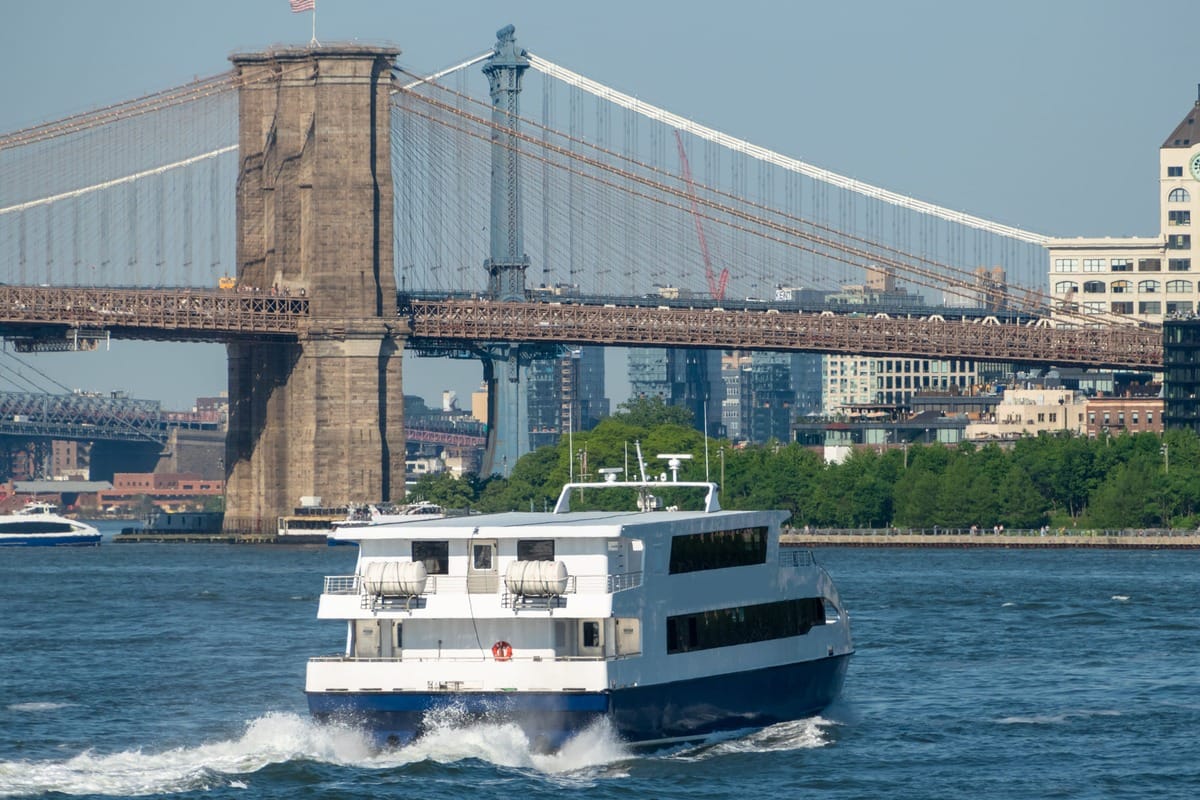The International Maritime Organization (IMO)—the world’s shipping regulator— prepares to address a range of pressing issues in 2025, with the top three being dark fleet, decarbonization and geopolitical pressures.
The International Maritime Organization (IMO)—the world’s shipping regulator— prepares to address a range of pressing issues in 2025, with the top three being dark fleet, decarbonization and geopolitical pressures.
Arsenio Dominguez, IMO’s Secretary-General, has highlighted several areas high on the agenda of the organization as it embarks on a ‘busy’ work schedule this year.
Speaking at a news conference on January 14, 2025, Dominguez said that IMO’s 176 Member States continue to work together to find solutions to global challenges impacting the maritime sector.
Apart from the three burning issues, the session covered topics including seafarer abandonment and criminalization, ocean protection, ship recycling and diversity in the maritime sector.
Shadow fleet concerns
IMO Secretary-General highlighted rising concerns with the ‘dark fleet’ or ‘shadow fleet’ evading compliance with safety or environmental regulations, avoiding insurance costs, or engaging in other illegal activities.
“Sub-standard shipping has been on IMO’s agenda for many years. Not a single ship that does not meet the required IMO standards should be operating out there. That’s why we are ramping up the way that we provide technical cooperation and capacity-building to Member States [to effectively enforce IMO regulations],” Dominguez said.
While IMO does not impose sanctions, it follows sanctions set by the UN Security Council. The Secretary-General called on all Member States to carry out their obligations as Parties to IMO instruments, in line with the resolution adopted by the IMO Assembly in December 2023. The issue will be discussed further at the upcoming session of the IMO’s Legal Committee in March 2025.
To remind, the European Council recently adopted the 15th sanctions package against Russia, focusing on a further crackdown on Russia’s shadow fleet and combating sanctions’ circumvention. The new package targets 52 additional vessels from Russia’s shadow fleet.
Related Article
-
EU targets 52 more vessels from Russia’s shadow fleet
Rules & Regulation
Coinciding with the council’s announcement, twelve European countries also agreed measures targeting the shadow fleet. The first step is checking the insurance certificates of Russian vessels.
Related Article
-
Western nations decide to make things harder for Russian ‘shadow’ fleet
Authorities & Government
The United Kingdom and the United States followed suit, each announcing new measures sanctioning shadow fleet ships and entities. The latest raft of sanctions targets Russia’s energy sector by focusing on two giant Russian oil producers alongside means of enabling crude oil production and exports.
Related Article
Russia uses old tankers, often uninsured and with unclear ownership, to export its crude oil and petroleum products abroad, despite EU, G7 and international sanctions. These activities have also raised fears over the risk of environmental disasters, including severe oil spills.
Tensions in the Red Sea region
The IMO has confirmed reports of at least 69 attacks on international shipping in the Red Sea area, occurring between November 2023 and November 2024. None have been reported to IMO since November 2024.
The attacks targeting commercial ships, carried out mainly by Yemen’s Houthi military group as a response to Israel’s war on Gaza, have resulted in widespread impacts on the industry and the global economy.
The Secretary-General said that efforts are ongoing to secure the release of the MV Galaxy Leader and its 25-person crew, who remain detained since the ship was taken hostage in November 2023.
Related Article
Houthis confirmed they would stop operations in support of Gaza when a ceasefire agreement, reached between Israel and Hamas, comes into force on January 19, 2025. In related news, Israel recently bombed Houthi-controlled ports, including the Port of Hodeidah (Hudaydah Port).
Shipping decarbonization
The Secretary-General also provided an update on ongoing negotiations towards a new set of binding regulations aimed at cutting the greenhouse gas (GHG) emissions from ships and achieving net-zero shipping by or around 2050.
These measures include a global marine fuel standard and a global pricing mechanism for GHG emissions from ships.
These are expected to be adopted during an extraordinary session of the Maritime Environment Protection Committee scheduled from October 13 to 17, 2025.
“We remain on track and we continue to make progress,” Dominguez concluded.
Earlier this month, the International Chamber of Shipping (ICS) joined 47 governments in a joint submission to the final round of negotiations at the IMO to adopt a maritime GHG emissions pricing mechanism for international shipping.
The key purpose of this mandatory GHG charge will be to reduce the cost gap between zero/near-zero GHG emission (ZNZ) fuels (such as green methanol, ammonia and hydrogen) and conventional marine fuels, toincentivize the accelerated uptake of green energy sources.
Related Article
-
47 governments, shipping industry propose text for IMO carbon tax
Regulation & Policy
Content Original Link:
Original Source OFSHORE ENERGY
" target="_blank">



























































